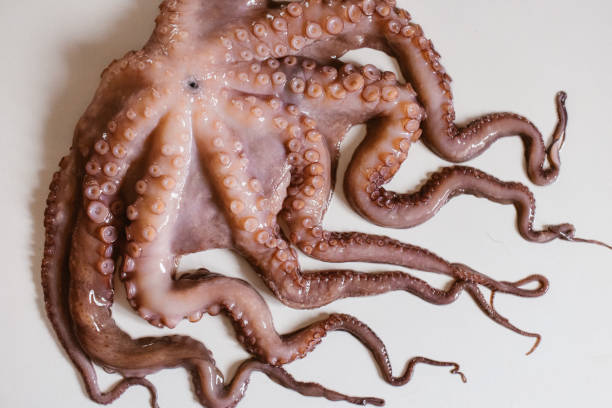Health Tips
Is Your Cat Sneezing? – Here are some of its causes
Have you ever seen a touched kitten wrinkle its nose and let loose with a cute sneeze? It sounds like “Pfft!” and should or might not be amid a couple of droplets.
We all sneeze once in a while for what’s seemingly no reason. As you could imagine, If your cat sneezes once in a while and is otherwise active and normal, it’s probably nothing to stress about. However, if your cat’s sneezes are occasional or amid blood or mucus, or if your cat features a concurrent discharge from his eyes or a cough, the sneeze could also be a symbol of more significant problems.
What Makes A Cat Sneeze?
- A simple, benign tickle may be the foremost obvious cause of sneezing. An easy tickle within the cat’s nose, like a touch of dust or a light substance, can cause a reflexive sneeze. Consider the animated cat that sneezes when he inhales a touch of pepper. This type of sneezing isn’t unlike scratching a tickle or an itch.
- Respiratory infections — Another common explanation for sneezing is a respiratory tract infection, most frequently a virus infection. That’s right, and our feline friends can get colds too! Likely infectious diseases include Herpes virus, Calicivirus, Chlamydia infections, and Bacterial infections like Mycoplasma. Less commonly seen fungal infections can also cause sinus disease, leading to nasal inflammation. Viral respiratory infections could also be amid a cough and, even more commonly, excessive tearing or discharge accumulating within the eyes.
- Chemical irritants — On occasion, a noxious smell or chemical fumes related to various solvents can produce inflammation of the membranes of the nose and sinuses. Sneezing is the body’s way of ridding itself of that irritation. Some cats also can be sensitive to inhaled tobacco smoke, perfumes, and various chemicals.
- Foreign bodies — Nasal foreign bodies like blades of grass or grass awns can find their way into the cavity. The result’s first irritation, and if the thing isn’t expelled (“sneezed out”), there’s a likelihood of a nasal infection.
- Dental disease — Dental disease can cause sneezing, particularly involving root infections. Infections of the feline tooth can allow bacteria to determine within the paranasal sinus, resulting in inflammation and sneezing.
- Allergies to pollens — Pollen allergies are much less common in cats than in people but aren’t unprecedented either.
- Intranasal vaccines — Vaccines that fight against respiratory infections frequently cause sneezing for two days after being administered. The sneezing generally lasts for less than a couple of days and goes away on its own, requiring no treatment.




